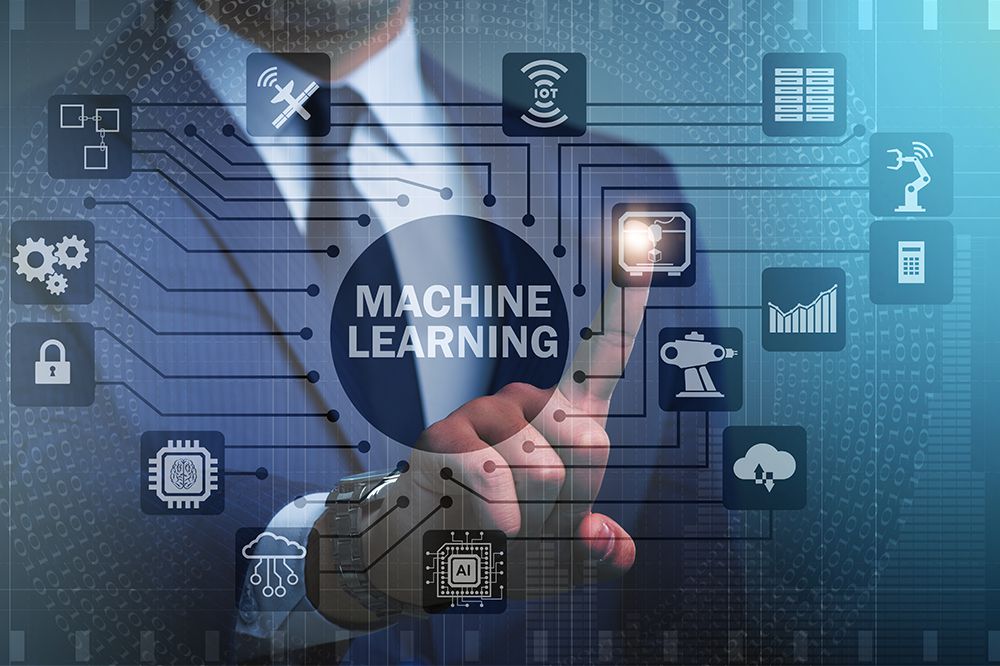Introduction Data Science and Machine learning Course
in Hardware & NetworkingAbout this course
Course Title: 3-Month Certificate in Machine Learning
Course Overview:
The 3-Month Certificate in Machine Learning is a comprehensive program designed to introduce students to the fundamentals of machine learning, a subfield of artificial intelligence. This course covers essential concepts, algorithms, and tools used in machine learning, empowering students to understand and apply machine learning techniques to real-world problems. The course is structured to provide a solid foundation for individuals new to the field of machine learning.
Course Curriculum:
Module 1: Introduction to Machine Learning
- Understanding the basics of machine learning and its applications
- Differentiating between supervised, unsupervised, and reinforcement learning
- Overview of the machine learning workflow: data collection, preprocessing, modeling, evaluation, and deployment
Module 2: Data Preprocessing and Exploration
- Data cleaning, handling missing values, and dealing with outliers
- Exploratory data analysis (EDA) techniques to understand data distributions and patterns
- Feature scaling, transformation, and normalization for effective model training
Module 3: Supervised Learning Algorithms
- Linear regression for regression tasks
- Logistic regression for binary classification
- Decision trees, random forests, and ensemble methods for classification and regression
Module 4: Unsupervised Learning Algorithms
- Clustering techniques: k-means, hierarchical, and DBSCAN clustering
- Dimensionality reduction using principal component analysis (PCA) and t-SNE
- Anomaly detection methods
Module 5: Neural Networks and Deep Learning
- Introduction to artificial neural networks and their architecture
- Training neural networks using backpropagation and optimization algorithms
- Convolutional neural networks (CNNs) for image analysis and recognition
- Recurrent neural networks (RNNs) for sequential data analysis
Module 6: Model Evaluation and Validation
- Techniques for splitting data into training, validation, and test sets
- Metrics for evaluating classification and regression models: accuracy, precision, recall, F1-score, and more
- Cross-validation and hyperparameter tuning for model optimization
Module 7: Model Deployment and Ethics
- Strategies for deploying machine learning models into production
- Ethical considerations and potential biases in machine learning
- Interpretability and explainability of machine learning models
Module 8: Capstone Project
- Apply machine learning concepts learned throughout the course to solve a real-world problem
- Implement data preprocessing, model selection, training, and evaluation
- Present the project to showcase skills and understanding
Learning Outcomes:
By the end of this 3-month Certificate in Machine Learning course, students will be able to:
- Understand the fundamental concepts of machine learning and its various types
- Preprocess and explore data effectively to prepare it for model training
- Apply supervised and unsupervised learning algorithms to solve classification, regression, and clustering problems
- Develop a solid foundation in deep learning techniques, including neural networks
- Evaluate and validate machine learning models using appropriate metrics and techniques
- Deploy machine learning models and understand the ethical considerations in AI and machine learning
- Complete a capstone project that demonstrates the ability to apply machine learning concepts to real-world scenarios
Student Benefits:
- **Foundational Knowledge:** Build a strong foundation in machine learning concepts and techniques.
- **Hands-on Experience:** Gain practical experience through coding exercises and projects.
- **Qualified Instructors:** Learn from experienced instructors with expertise in machine learning.
- **Career Enhancement:** Acquire skills that are in demand across various industries.
- **Industry Insights:** Stay up-to-date with the latest trends and advancements in machine learning.
- **Networking Opportunities:** Connect with peers and professionals in the field.
- **Certificate:** Receive a certificate upon successful completion, enhancing your resume.
- **Practical Projects:** Work on real-world projects to demonstrate your skills to potential employers.
Comments (0)


_4.png)




